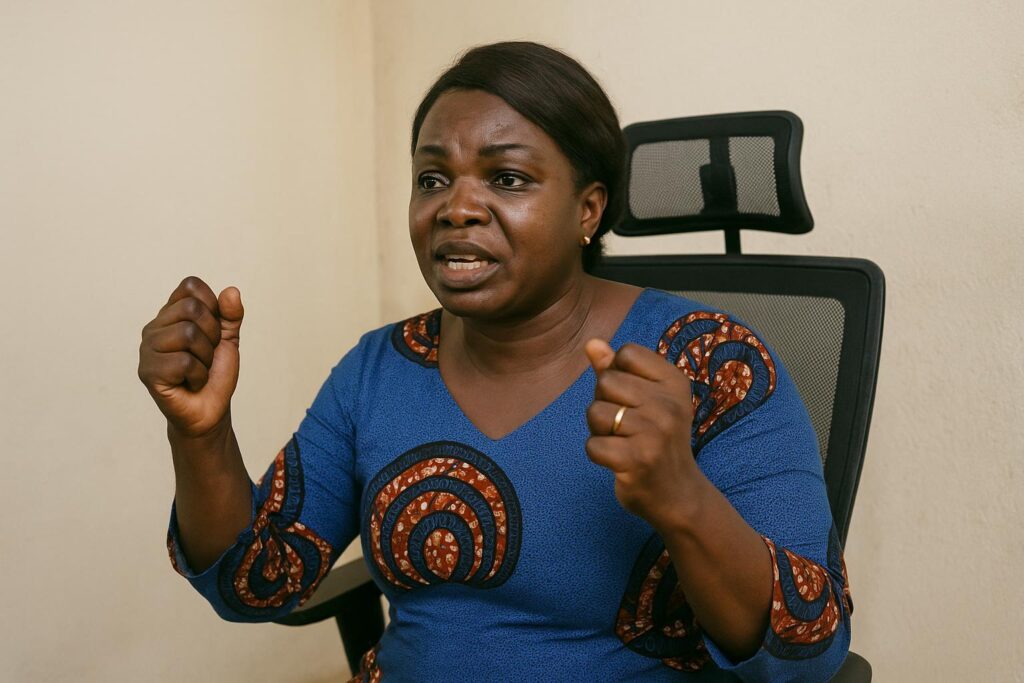Calls for Renewed Dialogue
The call for peace overshadowed World Food Day discussions in Juba this week, as civil society leader Grace John Kenyi argued that guns, not drought, keep South Sudanese fields idle (Eye Radio).
She urged political rivals to revive the 2018 peace accord, insisting dialogue is “the only path” to safe cultivation and market access, a sentiment echoing through radio waves across the capital.
Hunger by the Numbers
United Nations assessments place 7.7 million South Sudanese in IPC Phase 3 or worse, meaning more than half the population struggles daily to secure a meal.
Upper Nile counties such as Nasir, Ulang and Malakal face the bleakest outlook, with an estimated 32,000 residents enduring Phase 5 conditions—an emergency level the UN calls catastrophic.
Farms Locked by Insecurity
Militias roaming fertile belts deter sowing seasons, and traders avoid unsafe roads, leaving granaries empty even when rains are generous, Kenyi noted, adding that peace would “turn machetes back to hoes” across the countryside.
International Partners on Alert
The activist appealed to donors not to scale down agricultural programmes, warning that early withdrawal of aid could reverse fragile community gains won since the pandemic.
Nairobi-based analyst Peter Makori agrees, saying external funds help buffer farmers against floods and fluctuating fuel costs, yet “no cheque can substitute for safety on the ground.”
World Food Day Momentum
This year’s World Food Day theme, “Hand in Hand for Better Food and a Better Future,” underscored Kenyi’s plea, aligning local voices with the UN call for peaceful, sustainable and food-secure societies.


